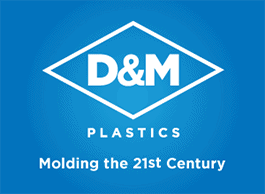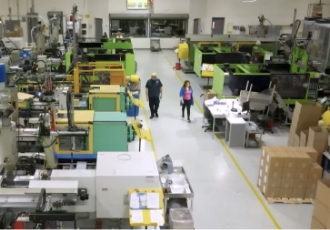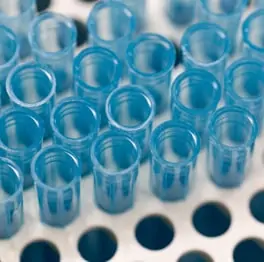Issues in the challenging world of medical plastic injection molding are well known. Yet some injection molders still experience problems with mold design, materials selection, and processing parameters—and, therefore, so do their customers.
D&M Plastics has been serving a wide variety of demanding industries for 50 years—medical, dental, electronics, aerospace, automotive, defense, and others. We’re especially sensitive to the high standards required of medical products.
What is injection molding, what medical parts can it support, and why is it often preferred to other processes?





